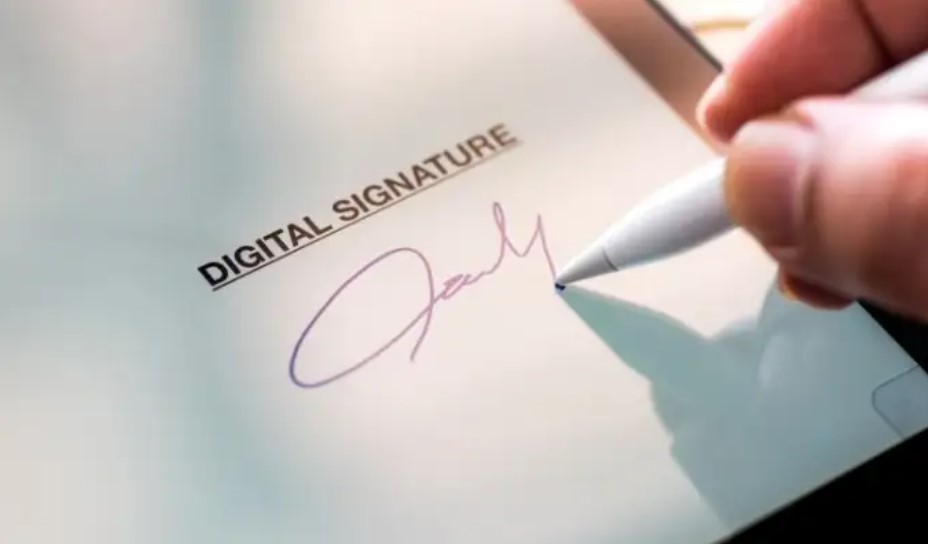Why You Might Be the Last Choice to Collect Your Judgment

You are feeling pretty good after winning a civil lawsuit. The court has entered a judgment on your behalf; now you’re slated to receive thousands of dollars plus your court costs. But wait. Who is going to handle collection? Believe it or not, you might be the last choice. There may be other people far more qualified to handle it.
The thing about judgment collection is that courts are reluctant to get involved. A court might be willing to issue an Order to Compel related to interrogatories, but no civil court is going to send its own officers to extract payment. And for the record, civil courts do not determine guilt or innocence. They only enter judgments against one or both parties.
Pursuing Post-Judgment Collection
Unfortunately, most would-be judgment creditors (a judgment creditor is the winner of a civil lawsuit) have no idea how tough collection will be when they first initiate the legal process. They have no idea how easy it is for debtors to avoid paying. They only find out after the fact.
The judgment collection specialists at Judgment Collectors in Utah says that pursuing payment requires considerable skill and knowledge. It requires creative strategies like skip tracing and asset searching. Therein lies the explanation of why you might be the last choice for pursuing payment.
You Have 3 Options
Let us assume you decide not to attempt collection on your own. You basically have three choices. You can let your attorney handle it, send the debt to a general collection agency, or hire an agency that specializes in collecting judgments. Let’s look at all three in more detail.
1. Letting Your Attorney Handle It
Letting your attorney handle collection isn’t a bad idea if he has the time, resources, and expertise to do the job. Judgment collection is a time-consuming enterprise. It requires a lot of work. It requires a lot of research and digging around.
If your attorney is up to the task, fine. Past experience always helps, as does a track record of success. But collecting judgments is not something your attorney normally does; you could spend an awful lot of money and still never get paid.
2. Bringing in a General Collection Agency
Your second option is to bring in a general collection agency. This is an agency that handles all kinds of debts. Some general agencies buy debts outright while others work on consignment. Regardless of the payment model, a general collection agency may be a better bet than your attorney.
The only downside is that the agency may not have any team members who specialize in judgments. Judgments are a unique type of debt distinct and separate from general debts. So debt collectors really need to know what they are doing.
3. Hiring a Judgment Collection Firm
In almost every case, the best option is to hire a judgment collection firm. This is a firm that does nothing but pursue unpaid judgments. All its team members have experience. They all know how to use the tools available to them. They know where to dig, how to dig, and what to look for.
Like general collection agencies, judgment collection agencies either buy judgments outright or work on consignment. Both models have their pros and cons.
You have won a judgment in civil court. Now it is time to collect. Just know that you might be the least qualified person to handle the job. Instead, consider one of the three options described in this post. Your chances of success are greater that way.









